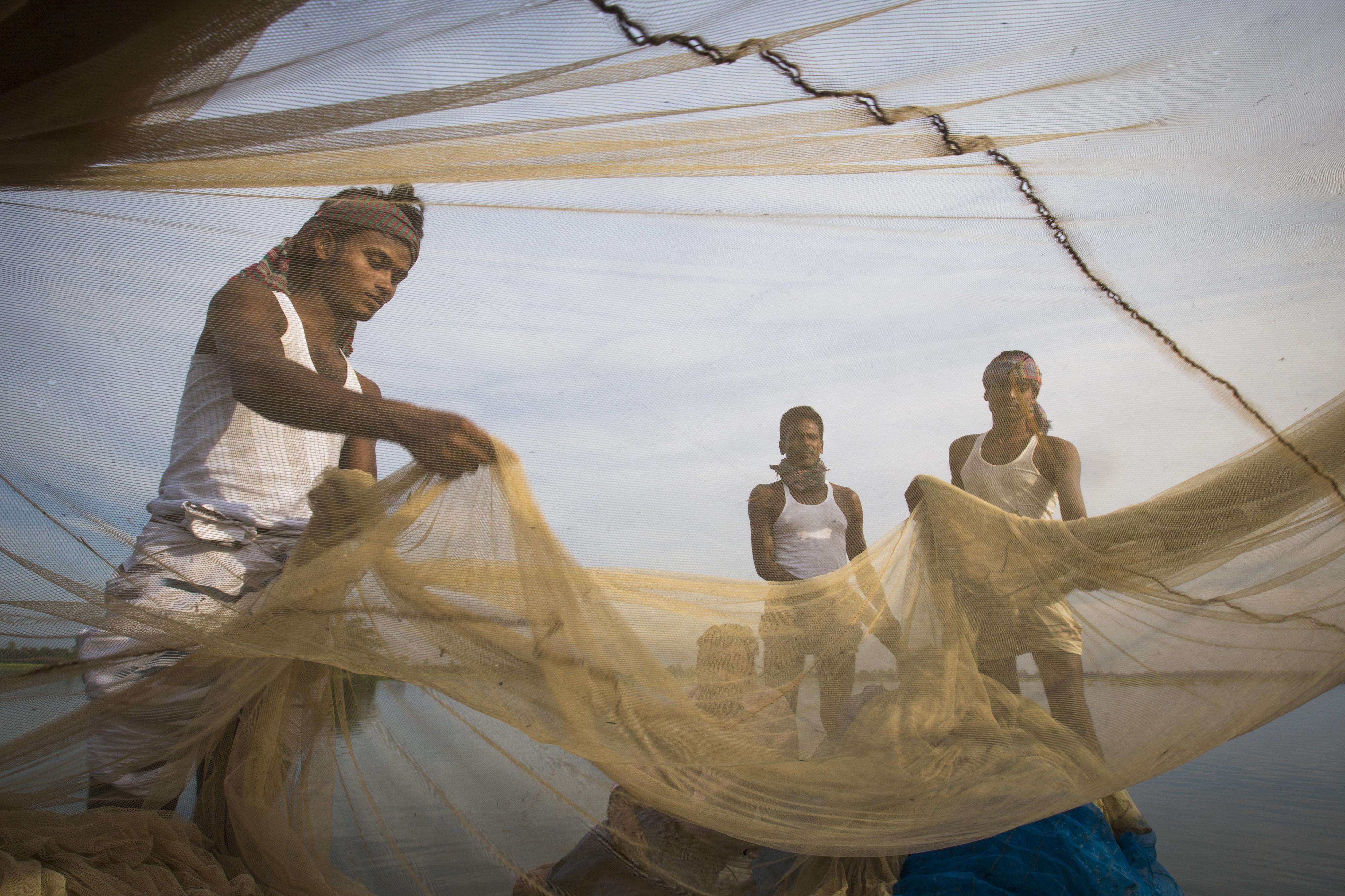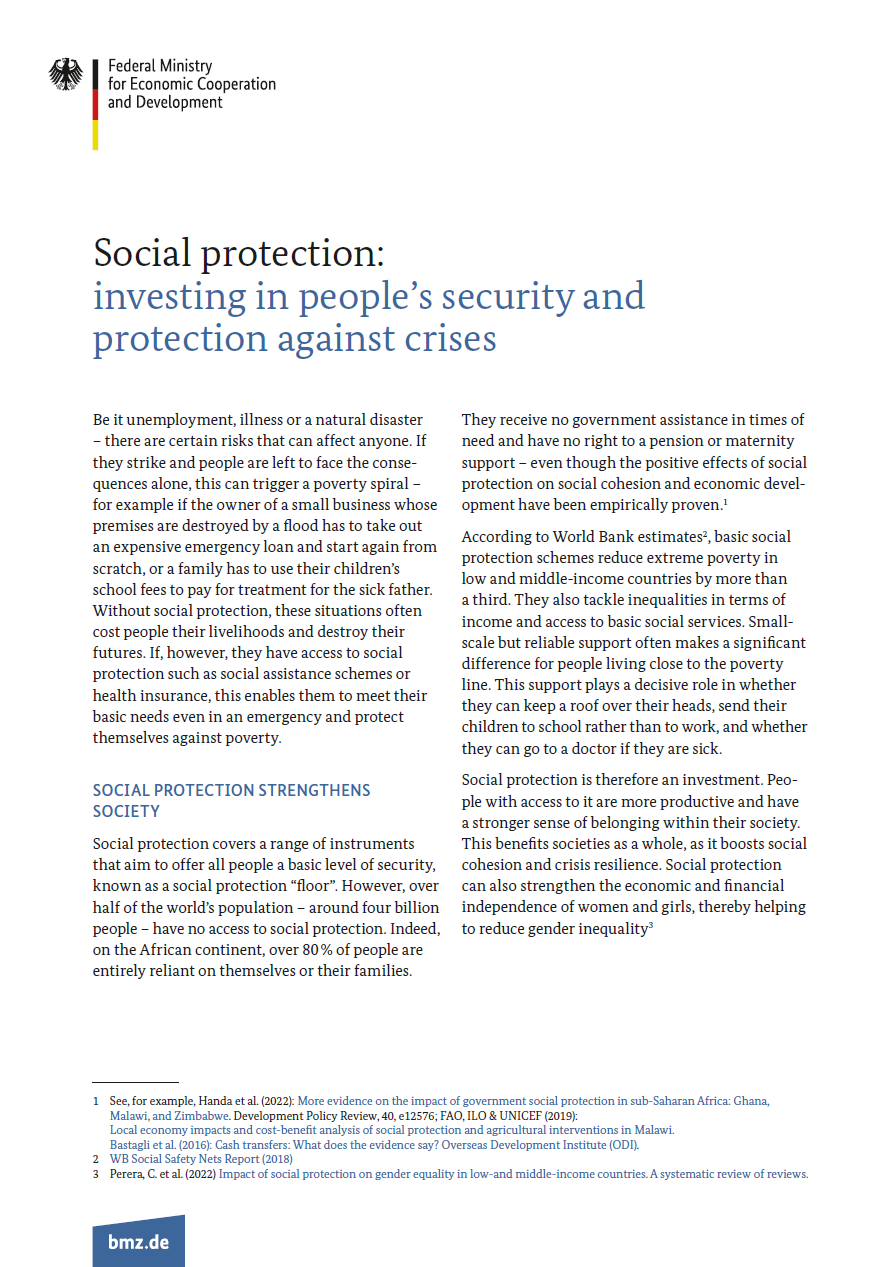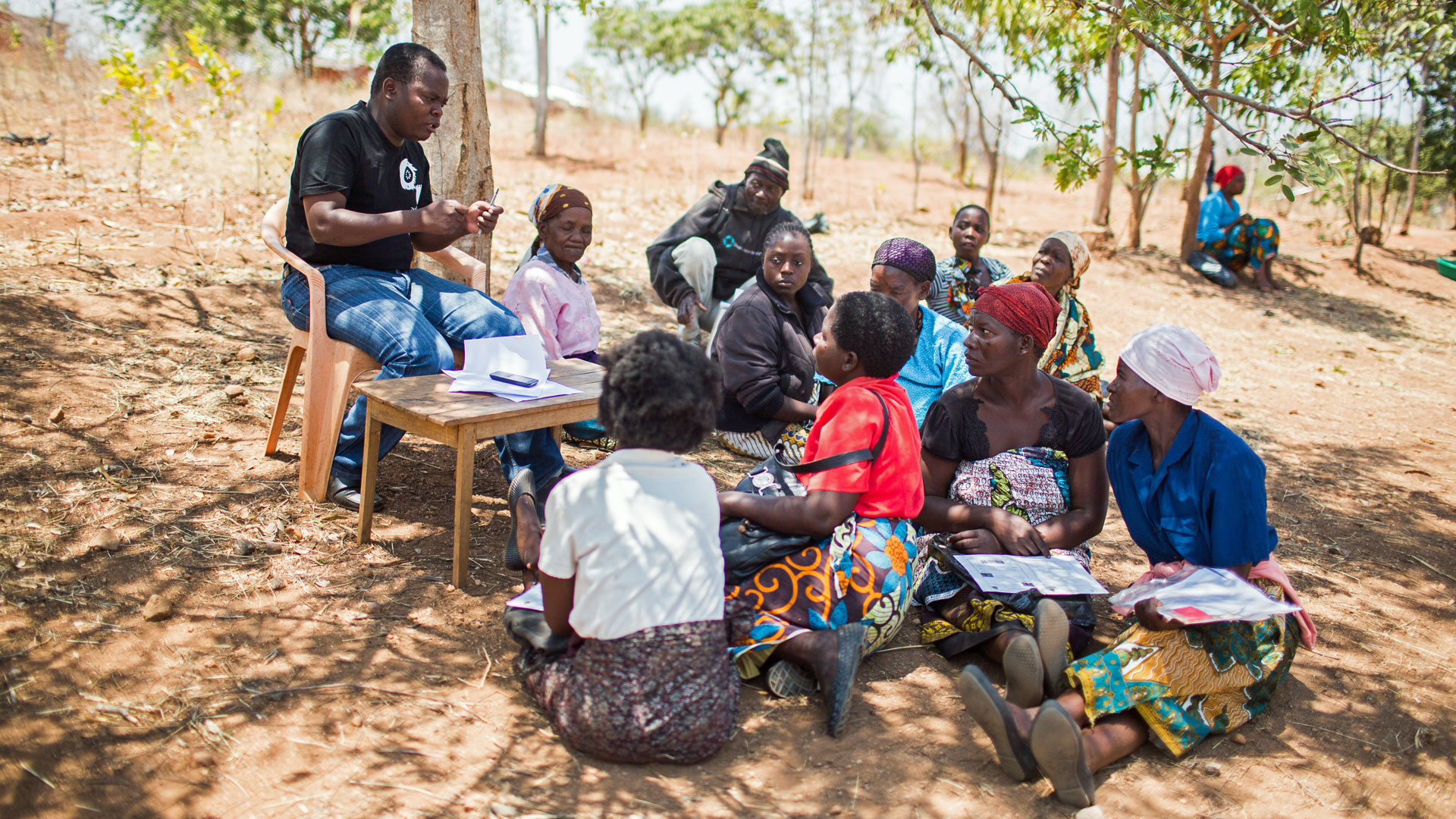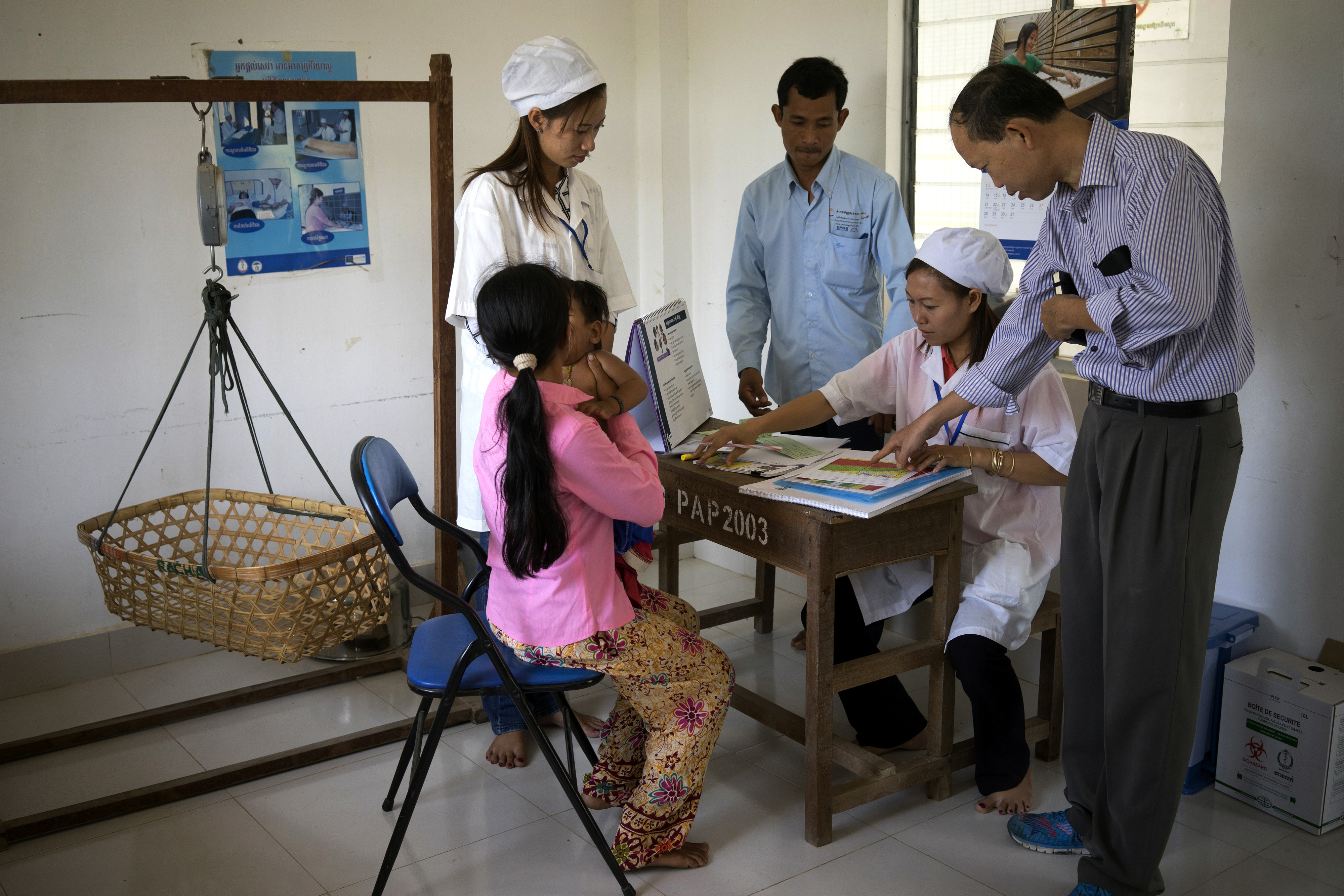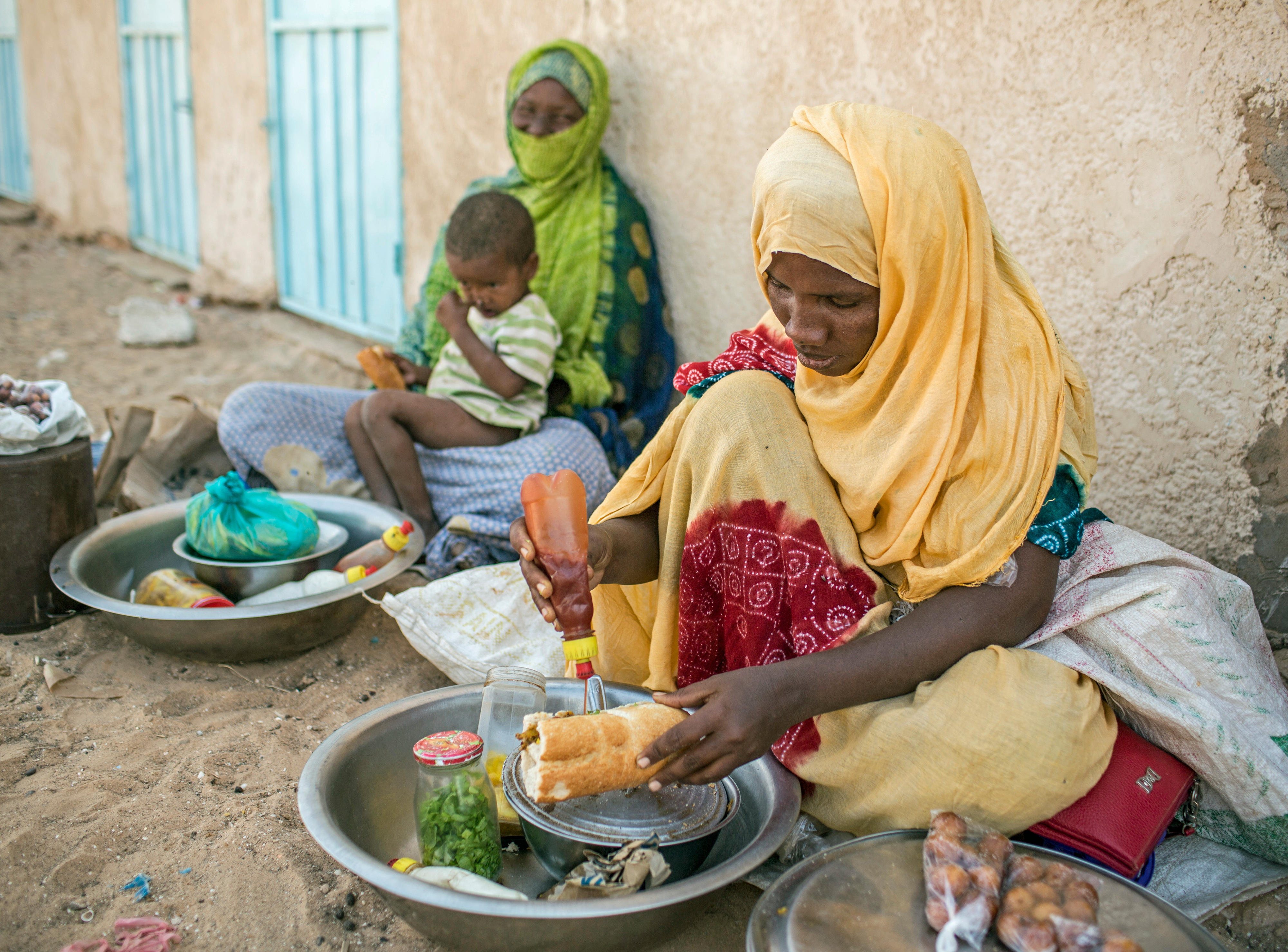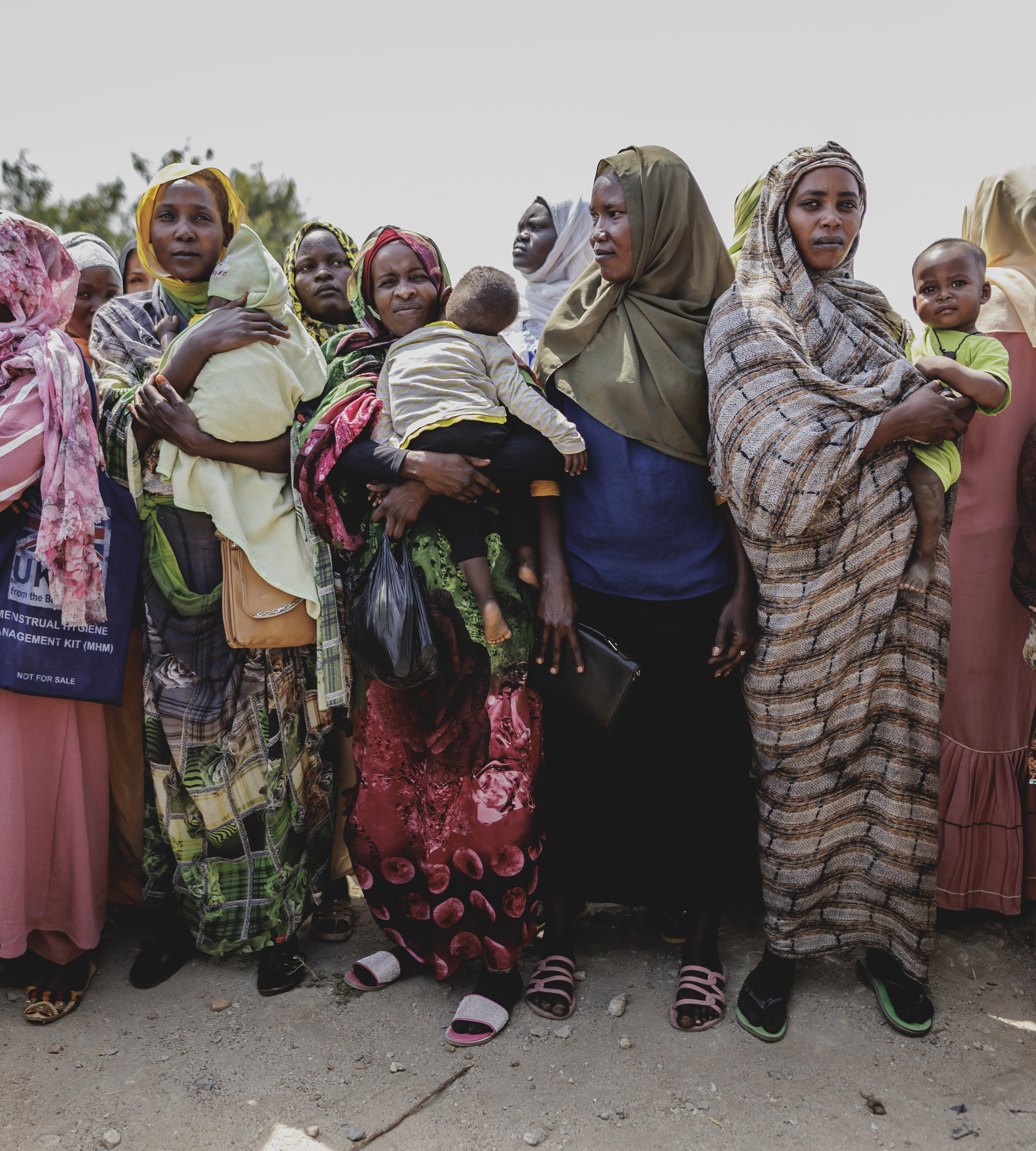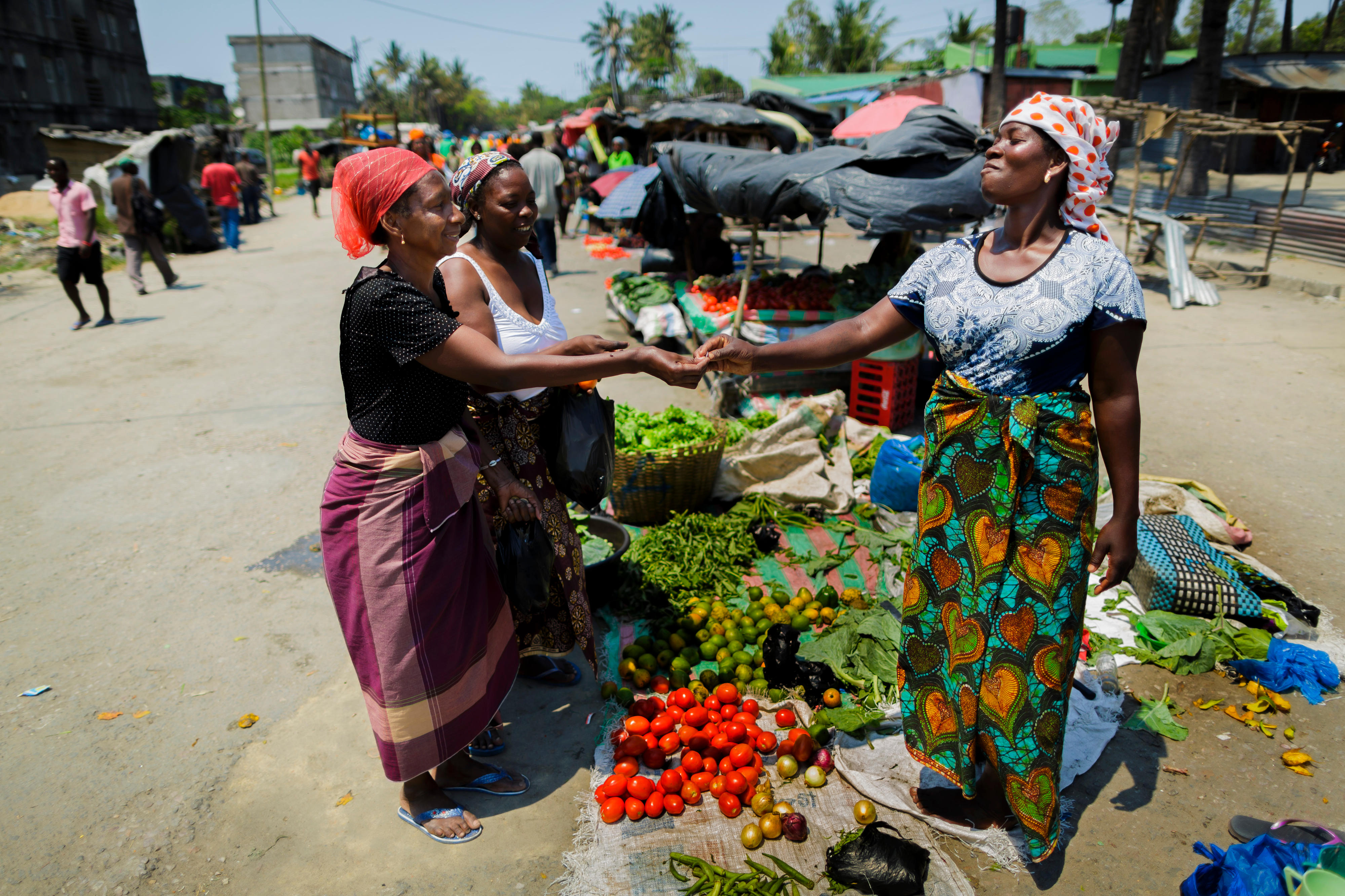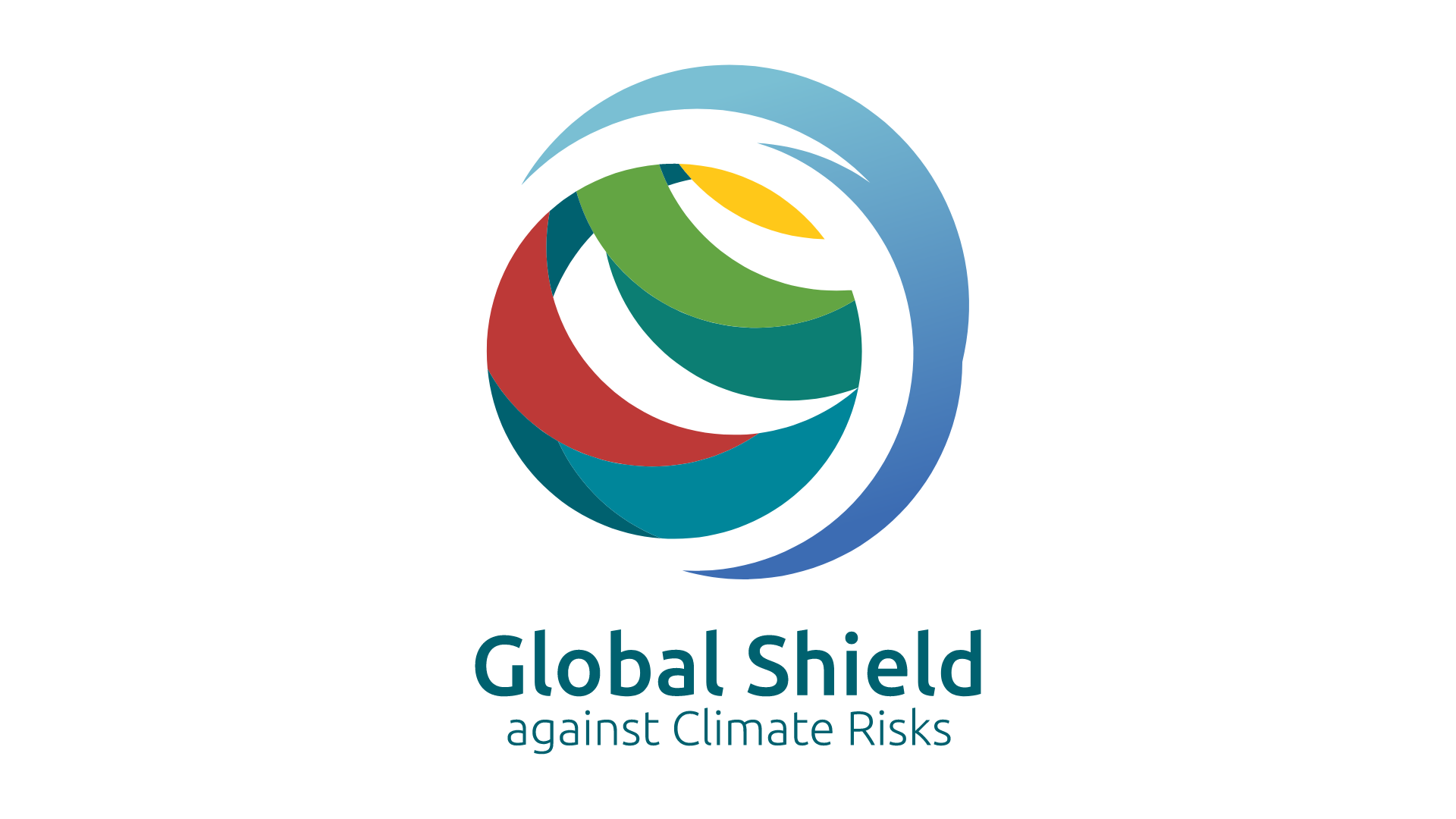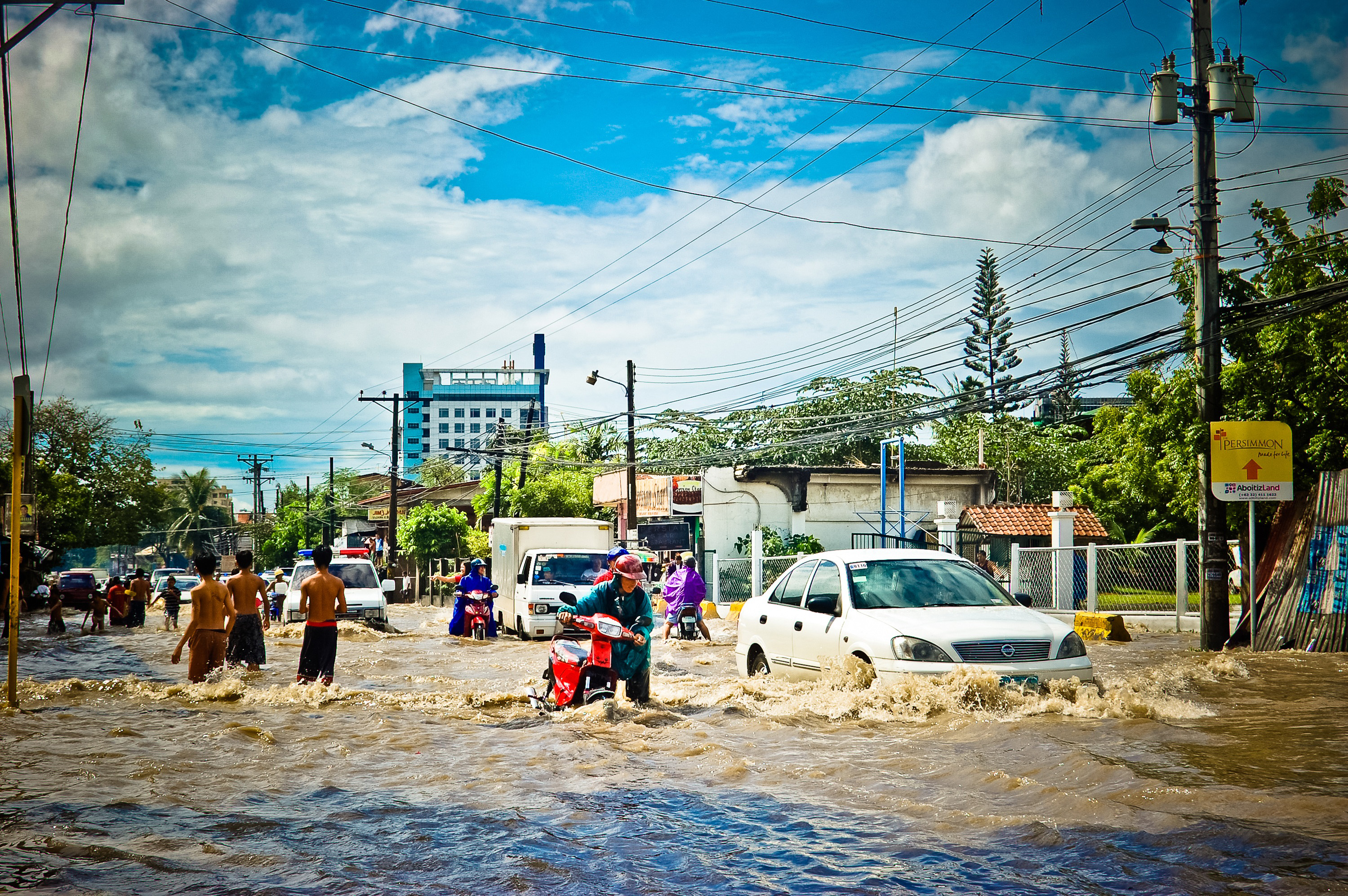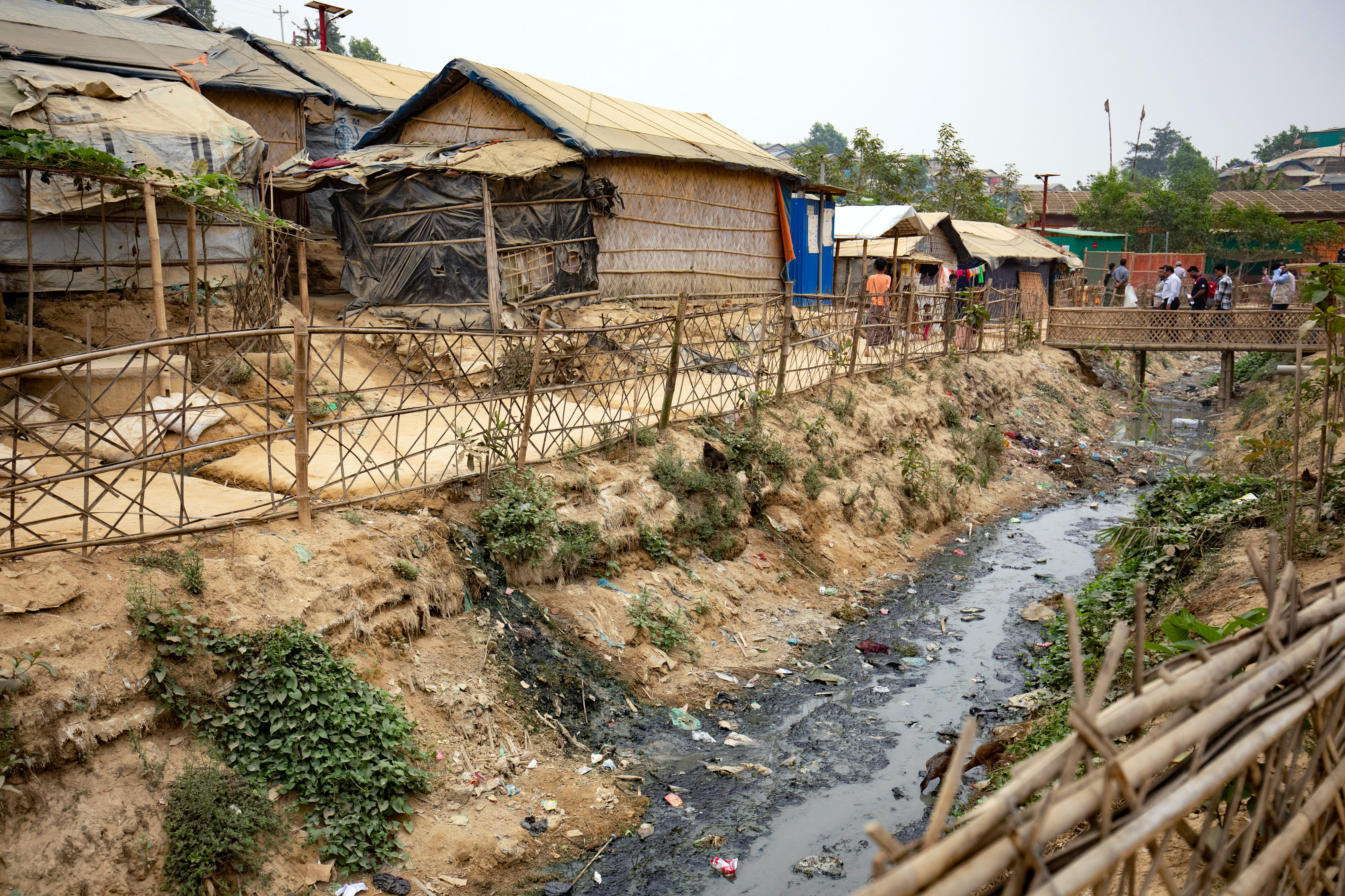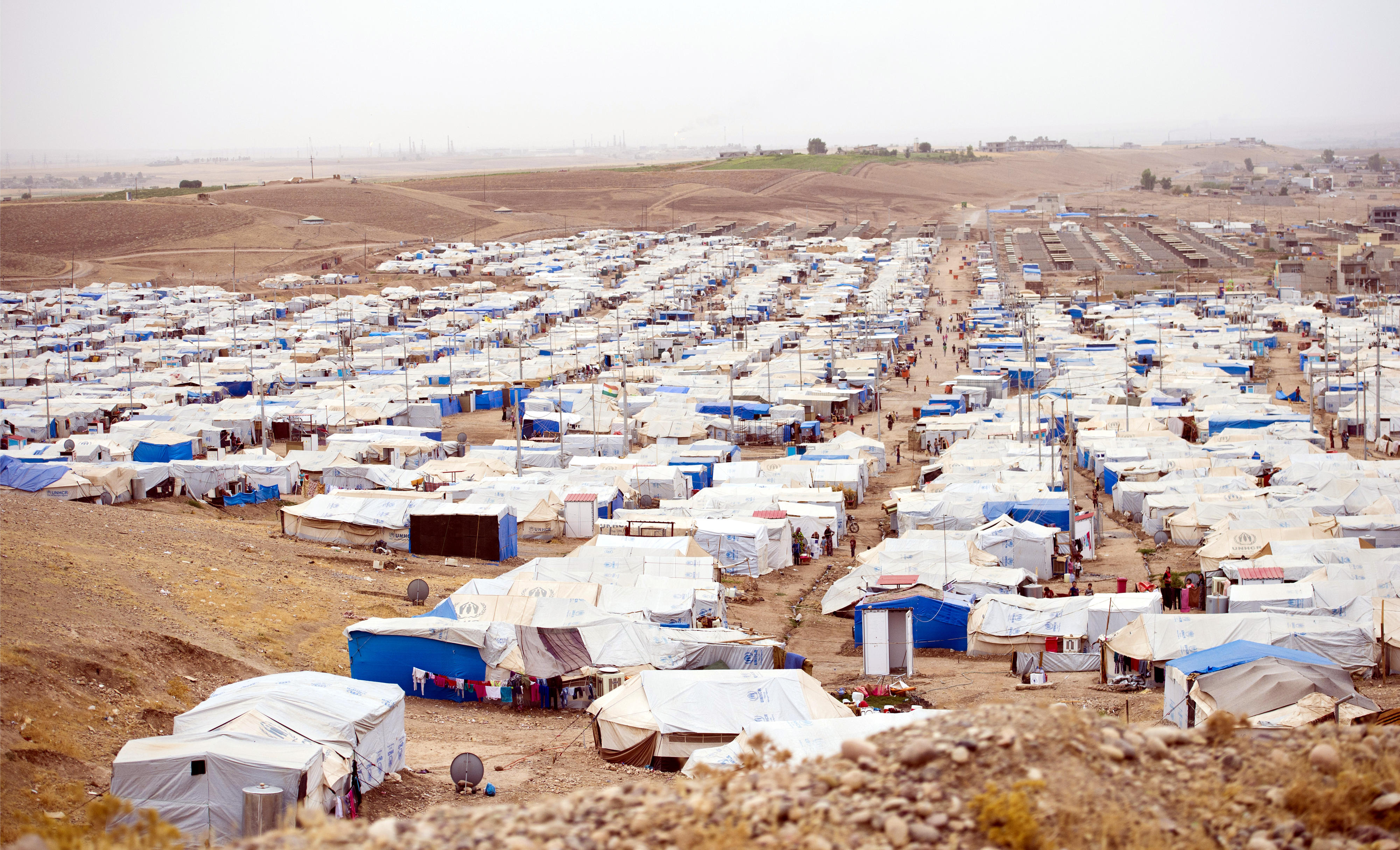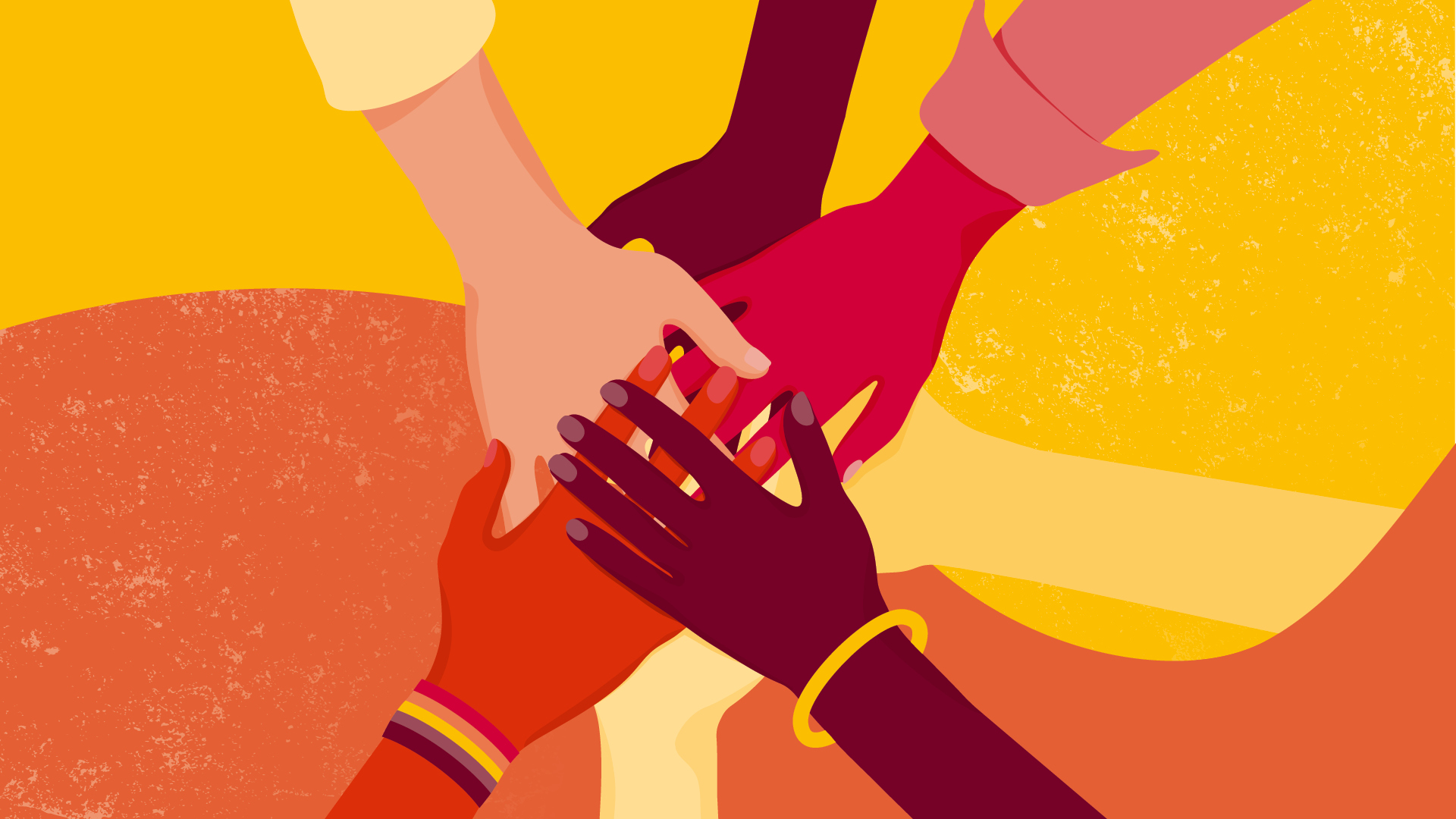Symbolic image on the subject of the social safety net: Three fishermen hold a net
Copyright© GIZ/Ranak Martin
Social protection
Without a social safety net, many people and their families have no protection against risks such as illness, unemployment or damage caused by climate change. If a crisis hits and people are left to cope with changed circumstances alone, it can send them into a spiral of poverty. That is why the Federal Ministry for Economic Cooperation and Development (BMZ) supports its partner countries in establishing and expanding social protection systems that can, if necessary, provide people who have been hit by crisis with rapid, targeted support.
Germany’s activities in support of social protection
The BMZ supports its partner countries in establishing and expanding social protection systems, and promotes social programmes in financially constrained countries and those affected by crises. It works closely in this area with international organisations such as the World Bank, the International Labour Organization (ILO), the World Food Programme (WFP) and the United Nations Children’s Fund (UNICEF).
Social protection measures are promoted in many areas of German development cooperation.
At the meeting of G7 development ministers held in Berlin in May 2022 under the German Presidency of the group, Germany and its partners undertook to increase the number of people with social protection by one billion by 2025. This is one major step towards achieving the internationally agreed goal set out in the 2030 Agenda of providing access to social protection for the four billion people who are still without it.
Advancing the international social protection initiative
In September 2021, UN Secretary-General António Guterres launched the international initiative “Global Accelerator on Jobs and Social Protection for Just Transitions”. The aim is to create around 400 million decent jobs by 2030 and to boost efforts to expand social protection to the four billion people who currently have no access to such systems.
The BMZ is supporting the implementation of the initiative through a coordinated financing mechanism together with existing UN and World Bank funds. By improving coordination between the key players in the area of social protection and fostering a more efficient use of funds, the aim is to assist partner countries in achieving shared goals regarding the provision of social protection.
Expanding social protection as part of shielding against climate risks
The BMZ is working to combine social protection systems with climate and disaster risk financing so that social protection also improves resilience to climate-related crises. This means making social protection systems adaptive enough to allow additional funds to be rapidly directed to those affected in a targeted, flexible way when needed. This enables people to rebuild their homes after a natural disaster, for example, buy new seed for the next harvest or invest in climate-proof ways of earning a living.
The combination of social protection with climate and disaster response financing is being developed in interested partner countries as part of the Global Shield against Climate Risks, for instance.
Promoting digital technologies
The BMZ supports its partner countries in developing transparent and efficient social protection systems using digital applications. In collaboration with the International Labour Organization, the World Bank, the World Food Programme, Switzerland and other partners, the BMZ is developing and making available the open source software “openIMIS”. This software is used in partner countries to manage systems for social protection, for example in the case of illness or accidents in the workplace. It was also used for cash transfers during the COVID-19 pandemic.
In cooperation with the World Bank, the openIMIS initiative also provides a digital solution for social registers. The fact that the software is “open source” means that its source code is publicly available, can be used collaboratively and can be further developed with partners to meet their specific needs. This enables the creation of more efficient, more transparent social protection systems that can be expanded more quickly.
As at: 08/10/2023
